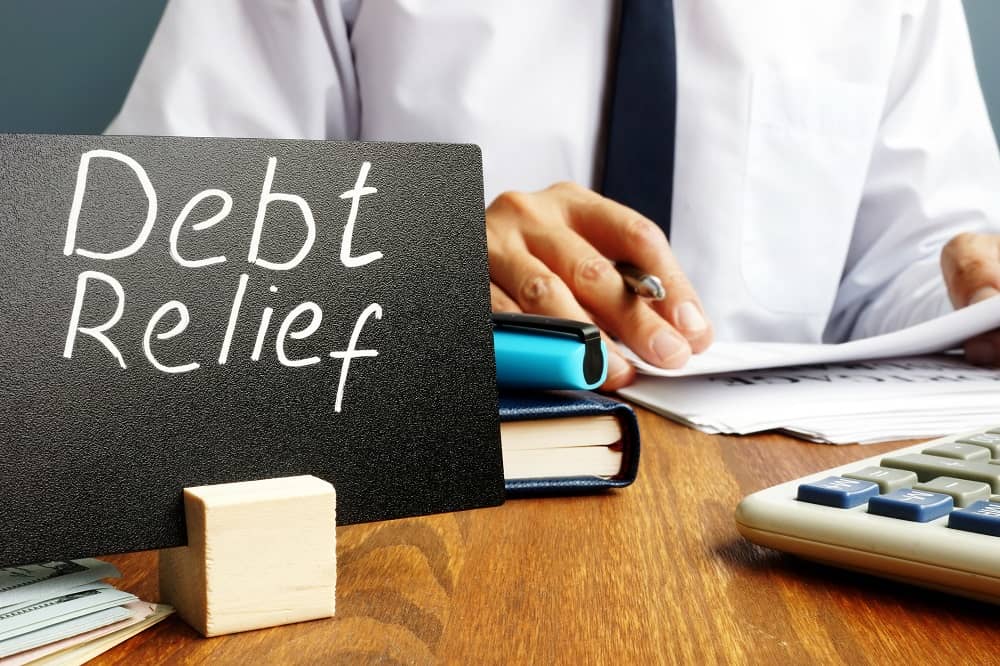You might be feeling confused and alone if you’re navigating the waters of too much debt. Where can you turn when you’re in over your head? Some people have found debt relief programs help them get back on their feet.
Here’s what to expect from a debt relief program.
What Is a Debt Relief Program?
Debt relief programs are services that specialize in helping consumers get out of debt. It should be noted that debt relief programs are more for those with a significant debt load.
In general, debt relief programs should be treated as a next-to-last resort option. They can be highly effective for those with serious debt issues and poor credit, but can also be costly and damage your credit score. For these reasons, it’s recommended people try working with a credit counseling agency or talking to their lenders directly before attempting debt relief. While there’s certainly a time and a place for debt relief programs, it’s much better to get out of debt on your own if possible.
Who Should Explore Debt Relief Options?
Reasons for seeking out debt relief programs are mostly situational. There’s not really a specific type of person who will benefit from them; you can be any age, or have any kind of personality or spending habits. The key lies in your willingness to follow through with the program.
These considerations could indicate whether debt relief makes sense for you or not:
- Can you pay off your debt on your own? If the answer is “no,” debt relief might be the right option for you. On the other hand, those who don’t need that much help to get their debt under control should look for something less extreme.
- Are there other options available to you? Credit counseling is typically the first place you should go when struggling with debt. Consumer credit counseling can help with your basic finances, and set you up with a debt management plan. Borrowing money from a relative is another option, though this can harm your relationship if you’re not able to pay them back.
- Are you willing to file for bankruptcy? While bankruptcy is something you want to avoid, it can sometimes be the right decision in certain scenarios. Talking with a credit counselor can help you better understand whether this is the best route for you.
Individuals who answer “no” to all three of these questions are prime contenders for debt relief programs.
What Are Different Kinds of Debt Relief?
When working with a debt relief agency, you’ll typically either consolidate or settle your debts. There’s a pretty big difference between these two things. It’s also important to remember debt relief program success rates can vary heavily between organizations. Do your research to find a debt relief program that has a proven track record, such as Freedom Debt Relief.
When it comes to consolidation versus settlement, however, the differences are pretty clear. Consolidating debt is when you have multiple lines of credit combined into a single new loan you pay to a debt relief program. Settlement is where you send payments to a debt relief agency instead of your lenders, which allows the agency to negotiate your debts for less than you owe.
Generally, debt settlement is for people with heavier debt loads, while those who need a consolidation loan might not need it. While there’s no guarantee debt relief will work for you, it has come in handy for countless other consumers in similar situations.

